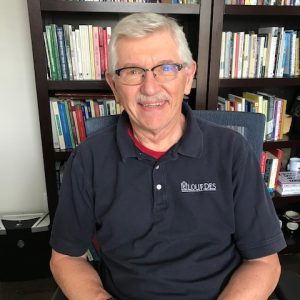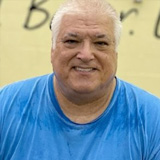Welcome Back
If you are a Program Participant, Program Facilitator, or JustFaith Network Member you are in the right place! Log in to see all your content.
Forgot your password?What our program participants are saying

EngagingSpirituality is an excellent program and just what I needed. The connection of contemplation and justice is powerful indeed. I would recommend it to anyone who wants to strengthen their prayer life, and their ability to create positive change in the world.

Transformative is the single word that comes to mind. This program challenges us to deal with (and not just examine) the reality of racial injustice on individuals, families, and communities as well as entire segments of our country. We are blessed by having multi-generational African Americans in our group that put flesh to the words of our texts that detail the impact of historical prejudices. In other words, this is not an academic exercise, this is the reality of life lived under and through the historical abuse of laws, processes, power, and privilege. You must deal with this reality.

As a Unitarian Universalist residing in the Bible Belt, I've become used to interfaith-based conversations that revolve around all the flavors of Christianity, so this course on Spiritual and Racial Equity surprised me as being true to its promise of welcoming and speaking to people of all faith traditions. My favorite part could be the guided meditations which were effective even over Zoom. I recommend this course for people who recognize that systemic racism in American makes individual relationships messy, complicated and nuanced - yet the participant is prepared to dig in anyway, willing to experience discomfort at times because, ultimately, the pavers on the pathway to justice we are laying down are comprised of joy, prophetic wisdom, empowerment, and good will, all of them being spiritually-centered attributes and pursuits that we may overlook. Engaging in the 'struggle' and the 'work' of anti-racism may be necessary labor but this program prepares participants' hearts and minds to be open to the beauty and transformation that are always within our reach along the way, no matter how distant we may be from the justice we seek.
